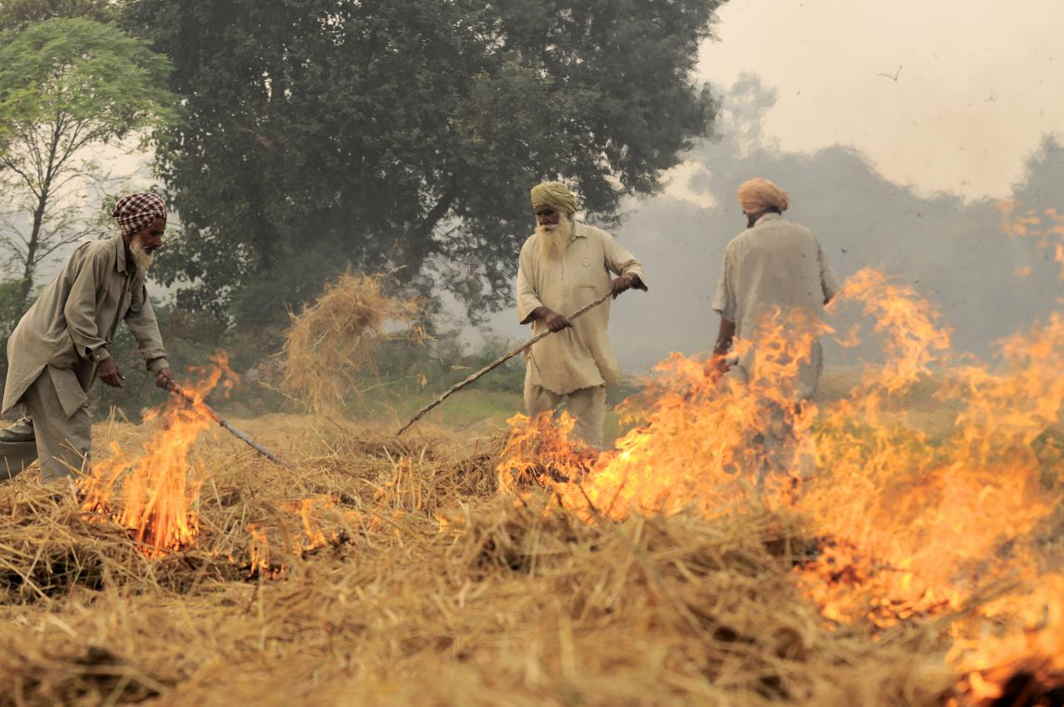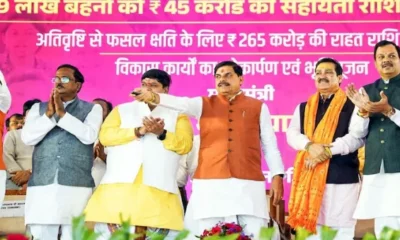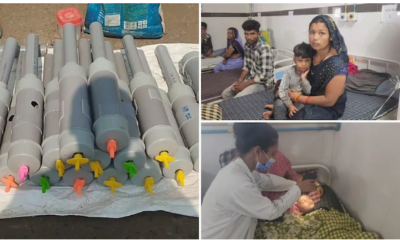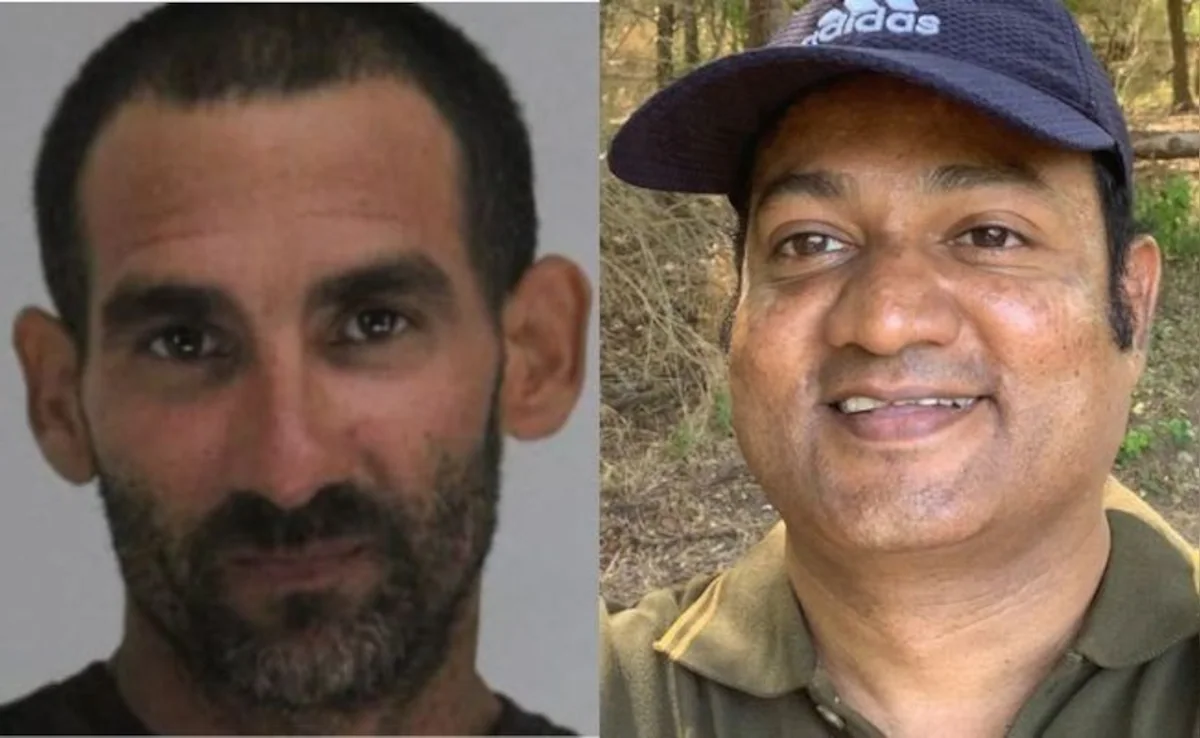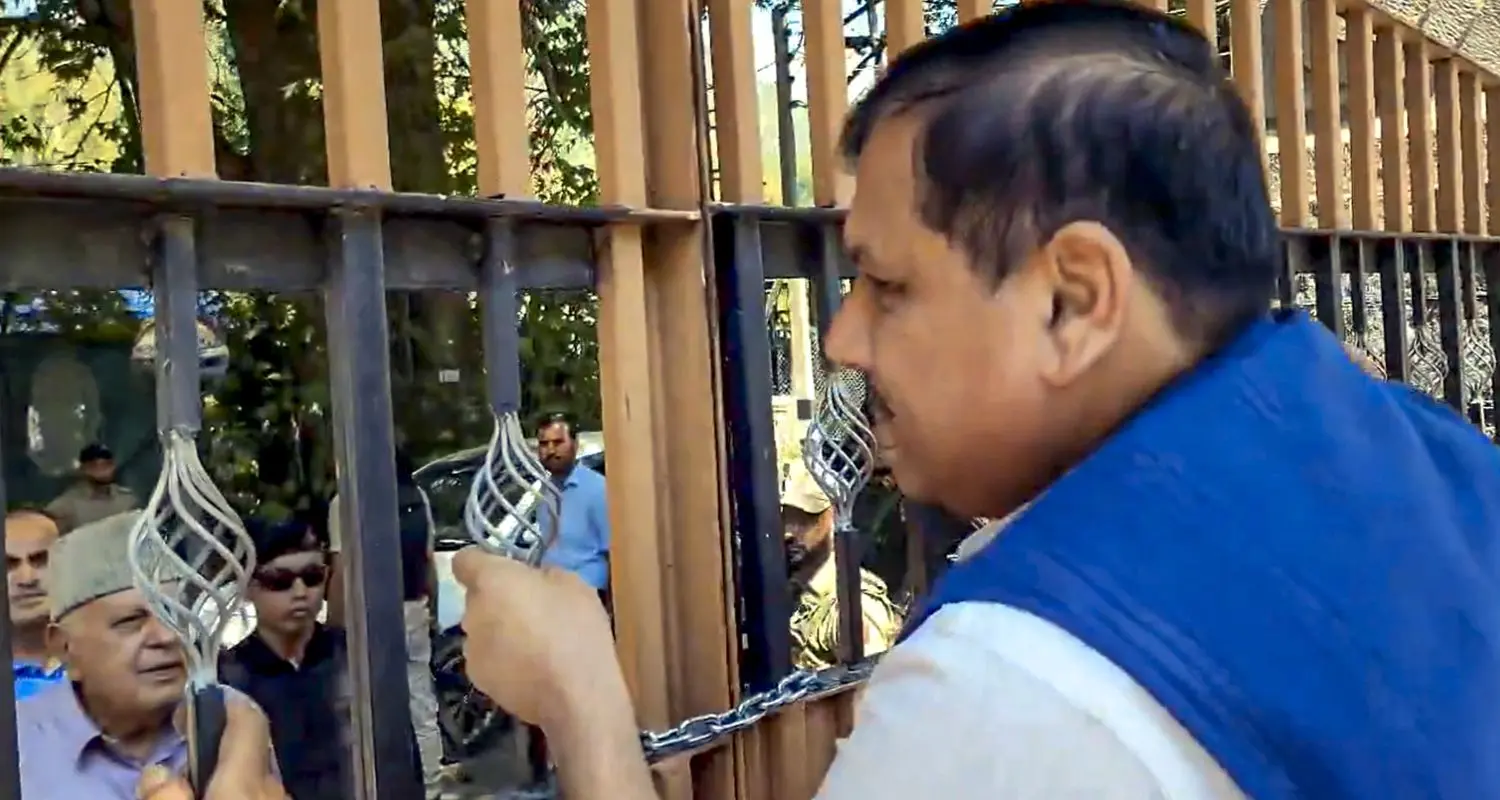[vc_row][vc_column][vc_column_text]India could witness a near-normal monsoon this season, the India Meteorological Department (IMD) forecast said today (Tuesday, April 16), bringing good news to the nation’s largely rain-fed agriculture after poor rains and drought last year.
“There is good news—the monsoon is likely to be near normal. The rainfall in the four-month season from June to September is likely to be 96% of the 50-year average of 89 cm with a model error of +/-5%,” M. Rajeevan, secretary at the ministry of earth sciences, said while releasing IMD’s first long-range forecast for the monsoon this year.
The south-west monsoon, which makes its onset over the country in June, irrigates over half of India’s cropland and sustains the livelihood of over 58% of its population that is dependent on agriculture. The monsoon forecast is crucial, as it directly influences agricultural production and has a spiralling impact on inflation and growth.
“It does not seem to be bad news. However, much depends on how far the rainfall is going to be evenly distributed across regions and if the areas already facing dry conditions would see some respite. There is still some uncertainty over that,” said D.K. Joshi, chief economist at Crisil.
According to the weather department, there is 39% probability of normal rainfall, 32% probability of below normal and 17% probability of deficient rains. There are low chances of the monsoon rainfall being above normal (10%) or in excess (2%).
The monsoon was dismal in 2018 ending with an overall deficit of 9.4%, pushing several states including Maharashtra, Andhra Pradesh, Jharkhand, Karnataka, Gujarat, Telangana, Rajasthan and Madhya Pradesh into drought.
The crisis deepened after the north-east monsoon, which brings rainfall over the southern states, also fared poorly and ended with a deficit as high as 44%.
“Our climate models suggest that the rainfall would be well-distributed. It would be good for the farmers during the upcoming kharif season,” said K.J. Ramesh, director general of meteorology at IMD. The sowing of kharif crops begins in June.
IMD officials, however, did not completely negate the risk of weak El Niño conditions prevailing over equatorial Pacific Ocean. El Nino is a weather phenomenon linked to below normal rains and drought.
“Weak El Nino conditions would persist in the monsoon season, but with reduced intensity. It peaked in February. Its intensity would decrease further from July onwards, which is an agriculturally crucial month. However, we could see some impact in June,” said the IMD head, assuaging concerns about the potential impact of El Nino.
“There is an undercurrent of risk due to El Nino, but it is on the downside. We do not know if it would have any direct or indirect impact, but whatever it would be, it does not seem to be big,” said N.R. Bhanumurthy, professor at the National Institute of Public Finance and Policy in New Delhi.
Last year, IMD overestimated the monsoon rainfall. Contrary to its forecast of 97% of the long period average (LPA), which was later reduced to 95% of LPA, the actual rainfall was recorded at 91% of LPA, which fell in the below-normal category.
“Our forecast was accurate for all regions, but we failed miserably in predicting the north-east region. The region recorded the lowest rainfall—at 76% of LPA—which has not happened in years,” Rajeevan said. “But this time, it is clearly a normal monsoon. The uncertainty is on account of +/-5% model error.”
After consecutive drought years due to El Nino in 2014 and 2015, India’s monsoon prospects improved in 2016 when the country recorded normal rainfall at 97% of LPA. In 2017, rainfall was near normal at 95% of LPA but then dropped last year to a below normal level of 91% of LPA.
IMD will monitor the El Nino conditions and update its forecast in the first week of June, with predictions for region-wise and month-wise rainfall. The onset of monsoon over the southern coast will be announced around 15 May.[/vc_column_text][/vc_column][/vc_row]


 India News21 hours ago
India News21 hours ago
 Cricket news21 hours ago
Cricket news21 hours ago
 India News20 hours ago
India News20 hours ago
 Latest world news8 hours ago
Latest world news8 hours ago
 Latest world news8 hours ago
Latest world news8 hours ago
 Latest world news7 hours ago
Latest world news7 hours ago
 India News8 hours ago
India News8 hours ago


